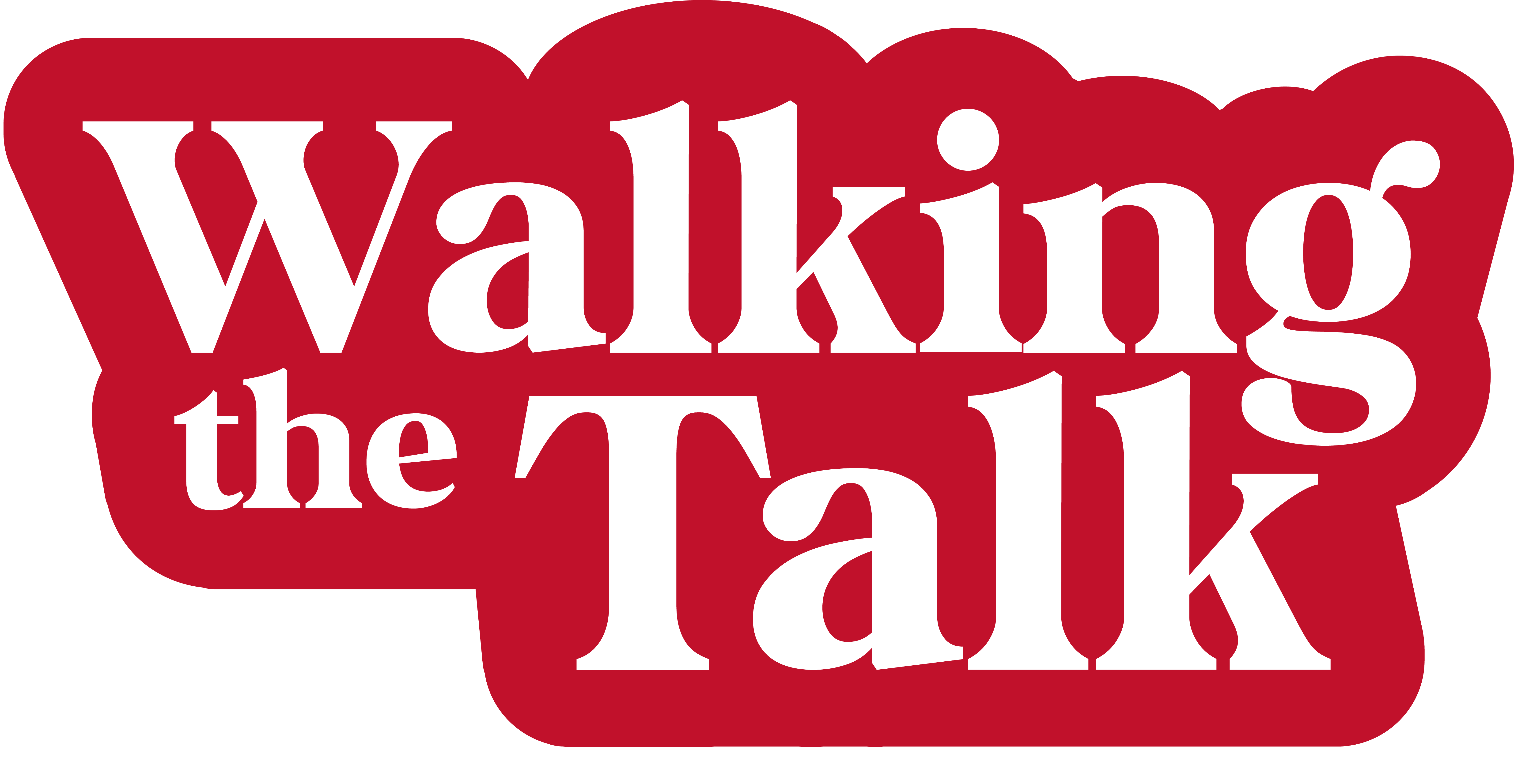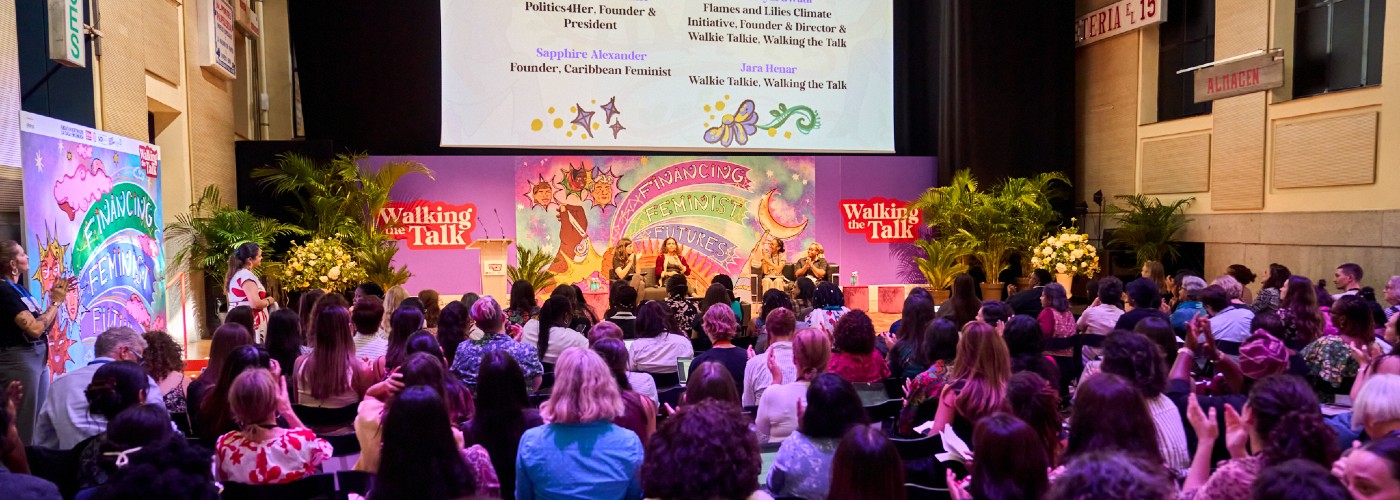Researchers Bios
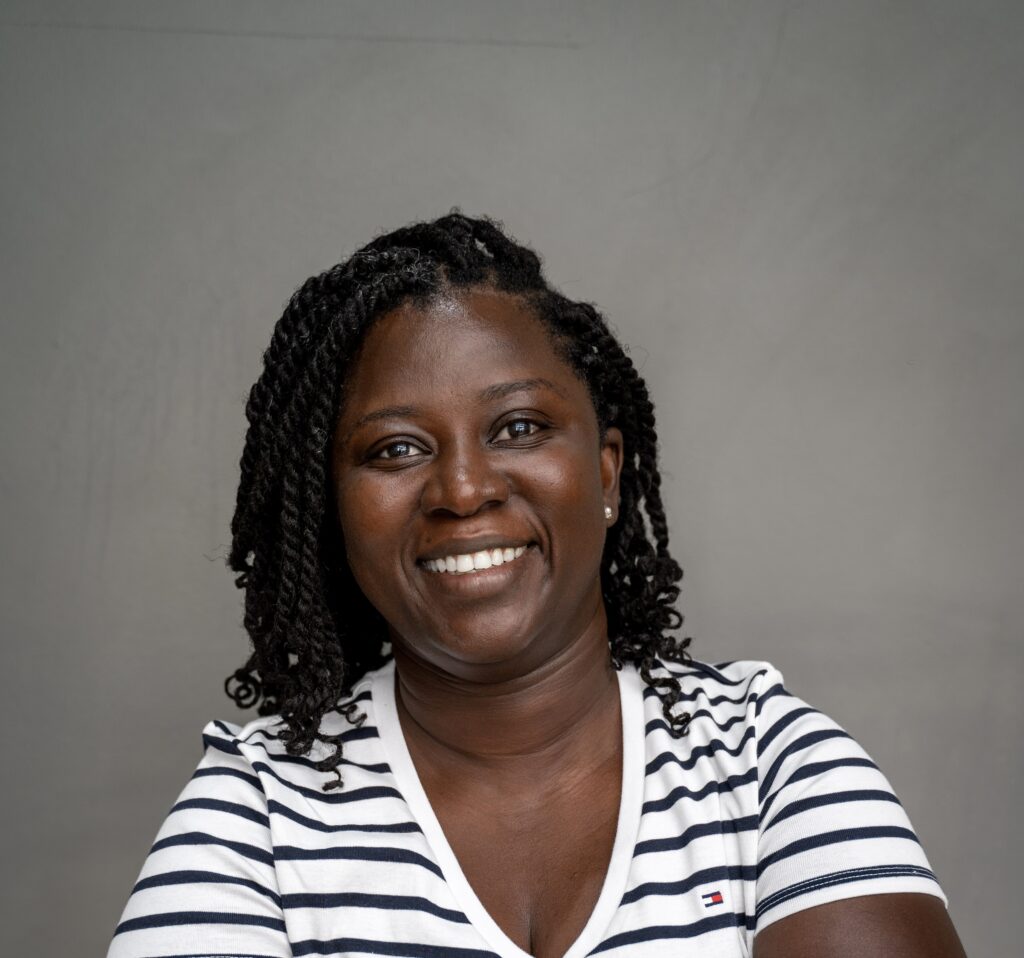
Coretta Jonah, Ph.D., is a gender data expert and Senior Data Capacity Lead at Equal Measures 2030, overseeing the coalition’s capacity development strategies. With over a decade of experience in higher education and international development, she specialises in gender data for advocacy, research, and capacity development. Her research explores gender disparities in food security, poverty, and inequality, emphasising the role of gender data in policy and advocacy. Through her work, she advances the use of robust gender data to inform advocacy, strengthen evidence-based decision-making, and promote gender equality globally.
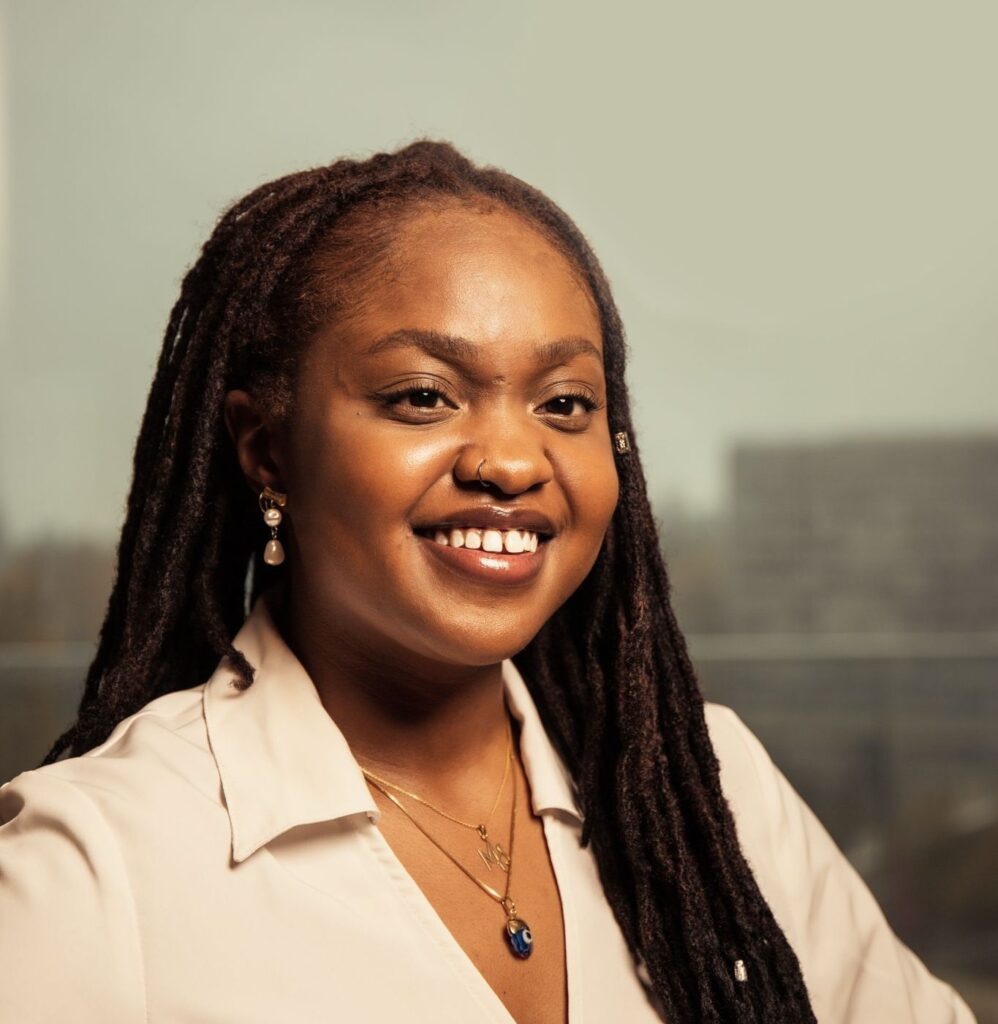
Marie-Simone Kadurira is a Zimbabwean feminist, researcher, and communications specialist based in Berlin. She is the Communications Manager at the Fairwork Project (WZB Berlin Social Science Center), where she leads global communications on labour rights in the platform economy. Alongside her policy and advocacy work, she has consulted for organisations such as UN Women, UNFPA, IPPF, Womankind Worldwide, Equal Measures 2030, and Fondation Botnar. She is also the founder of Vasikana Vedu, a nonprofit dedicated to menstrual health and education, which has distributed over 20,000 sustainable menstrual products in Zimbabwe and reached more than 100,000 people globally. Her research and writing explore gender equality, feminist movements, and reproductive justice, including her dissertation Bloody Narratives: A Decolonial Perspective on Menstrual Precarity and its Causes in Zimbabwe. She is passionate about creating accessible knowledge, amplifying feminist voices, and supporting youth-led organising across Africa and beyond.
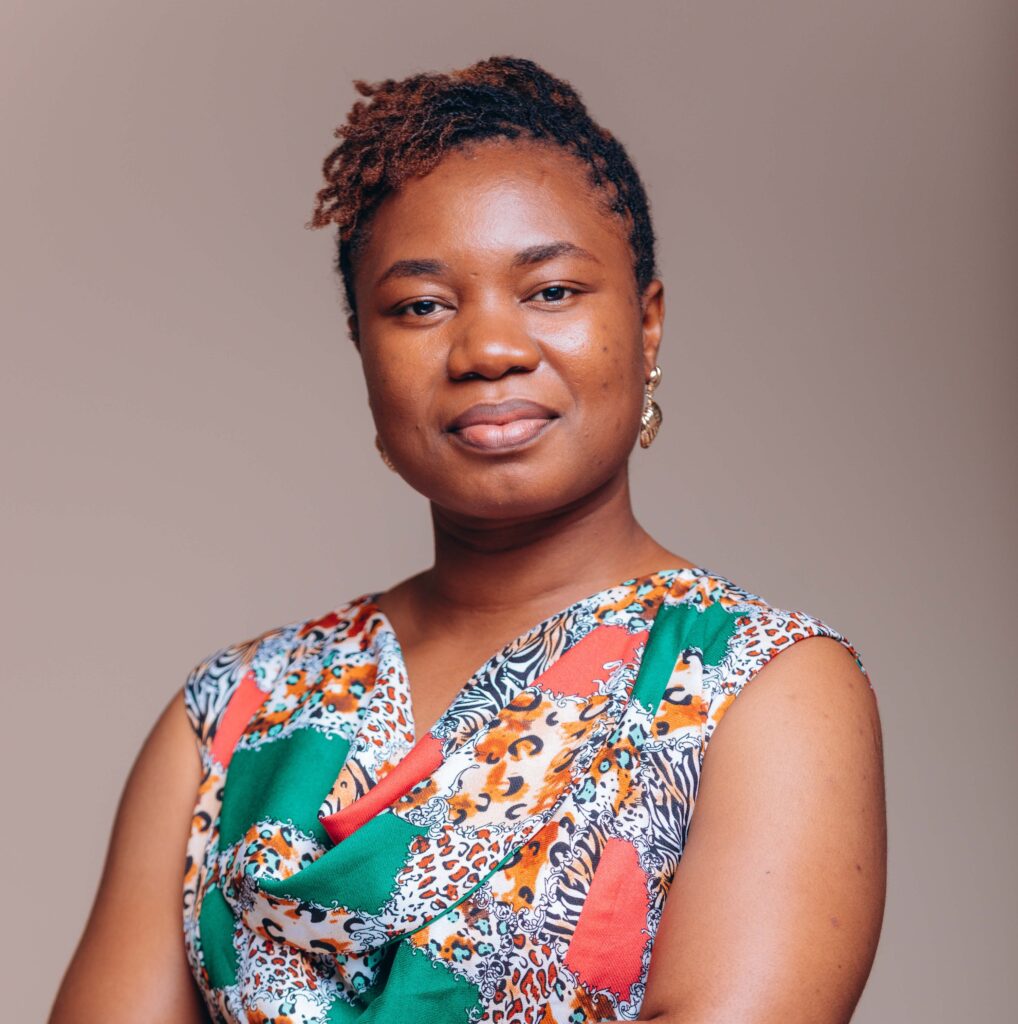
Vanessa Aboudi is a feminist researcher and the Founding President of the Association for Feminist Research in Central Africa (ARFAC). This sub-regional organisation works to promote, disseminate and foster the appropriation of local research on gender and feminism in Central Africa, thereby contributing to the decolonisation of African feminist knowledge. Currently serving as Policy Analyst in Governance and Democracy at the Nkafu Policy Institute, the think tank of the prestigious Denis & Lenora Foretia Foundation, she also develops deep expertise on contemporary democratic issues in the region. Author and co-author of numerous scholarly articles, her research focuses primarily on the intersections between feminism, gender and governance in Central Africa. Her analyses contribute to illuminating the challenges and opportunities for women’s emancipation in African political systems.
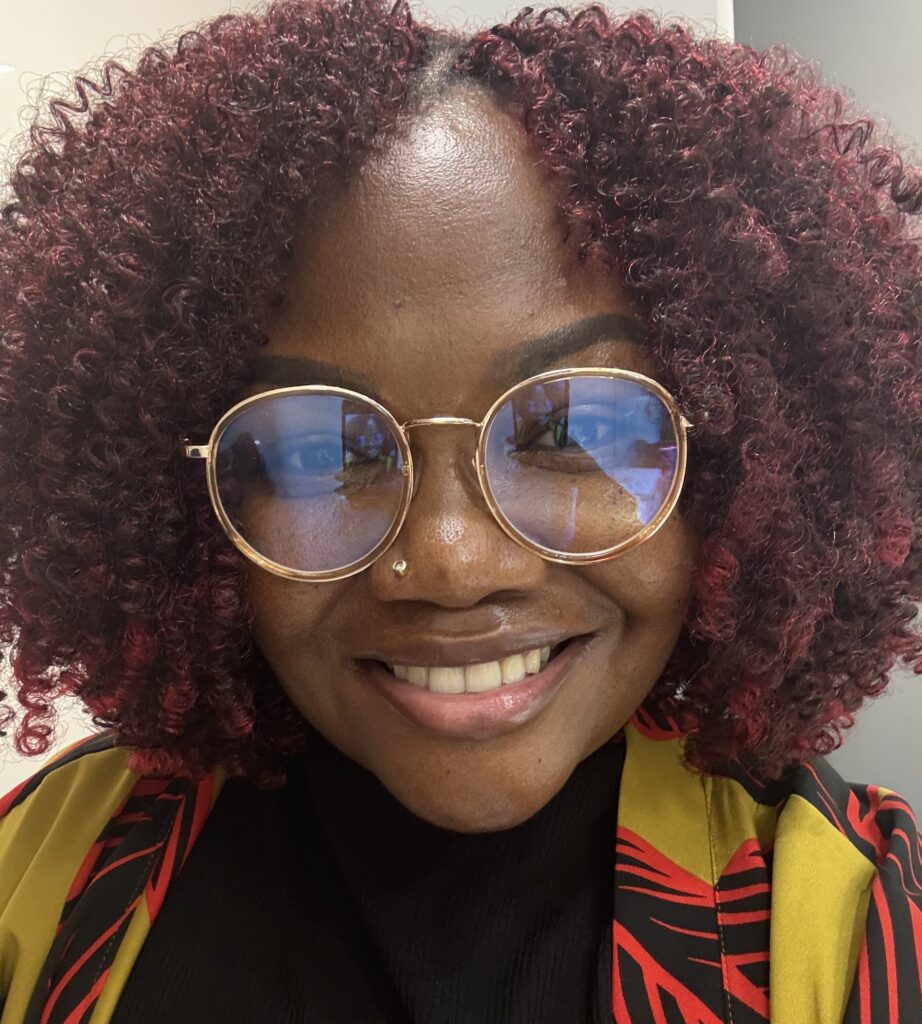
Dr. Stellah Wairimu Bosire is a medical doctor, lawyer, and global health practitioner with over 10 years of experience advancing gender justice, health equity, and human rights across Africa. As Executive Director of the Africa Centre for Health Systems and Gender Justice, she is advancing equity by tackling income inequalities as a fundamental lever for achieving equitable, responsive and transformative health systems. Dr. Bosire’s leadership is redefining what gender-just health systems can look like by directly addressing the economic barriers that prevent women, girls, and structurally excluded communities from accessing and benefiting from quality health care. Dr. Bosire serves as the Chairperson of Amnesty International Kenya, Governor of the Commonwealth Foundation representing Africa, and Chairperson of Civicus Alliance. Dr. Bosire holds a Bachelor of Medicine and Bachelor of Surgery (MBChB) and a Bachelor of Laws (LL.B) from the University of Nairobi, an MBA in Healthcare Management from Strathmore Business School, and a Master of Science in Global Health Policy from the London School of Hygiene & Tropical Medicine.
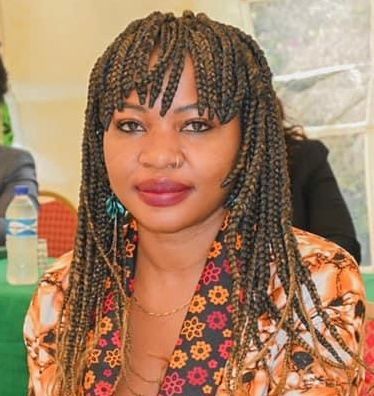
Memory Pamella Kadau is a feminist researcher, strategist, program manager, and organiser with over 17 years of experience shaping gender justice, climate justice, governance, and SRHR agendas. She has led and managed multi-sectoral programmes in Zimbabwe, Zambia, Malawi, Mozambique, South Africa, Botswana, and Angola, and is recognised for her intersectional, power-aware and community-centred approach to leadership. Her work bridges movement building, organisational development, research, and policy influence. She has conducted more than 20 feminist research projects and authored widely on climate justice, democracy and women’s political participation, safe abortion, sexual violence, and the sustainability of civil society organisations. With the support from Walking the Talk Consortium (Equipop, Hivos, and Restless Development), she published a paper titled “Decolonising Feminist Foreign Policy for Economic Justice in Free Trade Agreements.” This research critically examined the African Continental Free Trade Area (AfCFTA) and advanced bold proposals for feminist foreign policy that centre women in informal economies in Zimbabwe, Angola, Tanzania and South Africa.
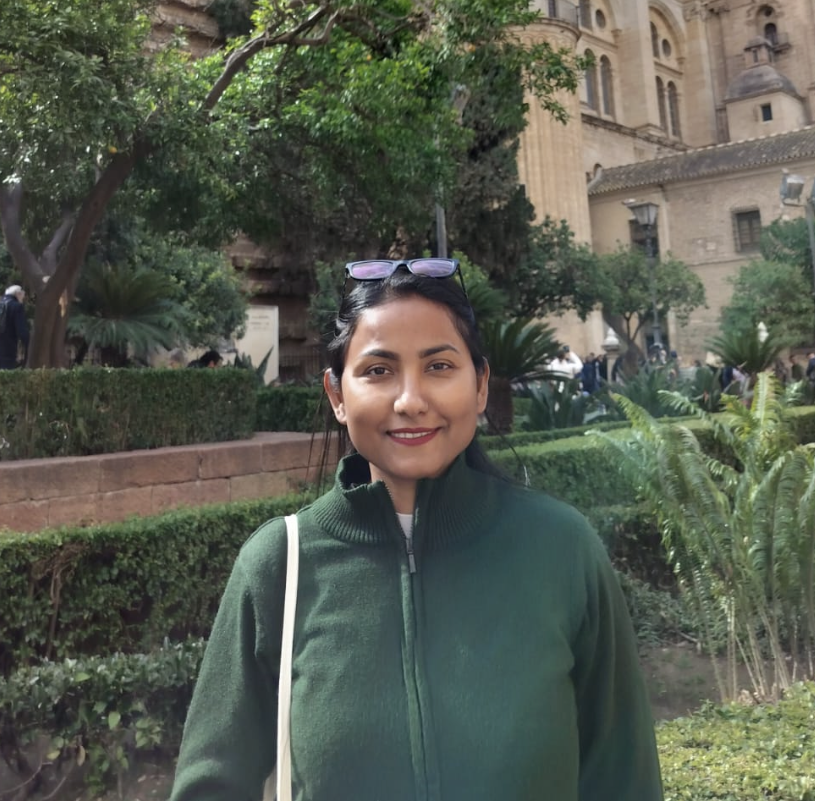
Megha Kashyap is a feminist academic and activist from South Asia with over a decade of experience working across the development sector and academia in South Asia, parts of Africa, and the UK. She has a PhD in Gender Studies from SOAS, University of London and works as the Decolonising Research Fellow at London South Bank University (LSBU), where she leads the university’s institutional commitment to decolonising curriculum, research, and practice.
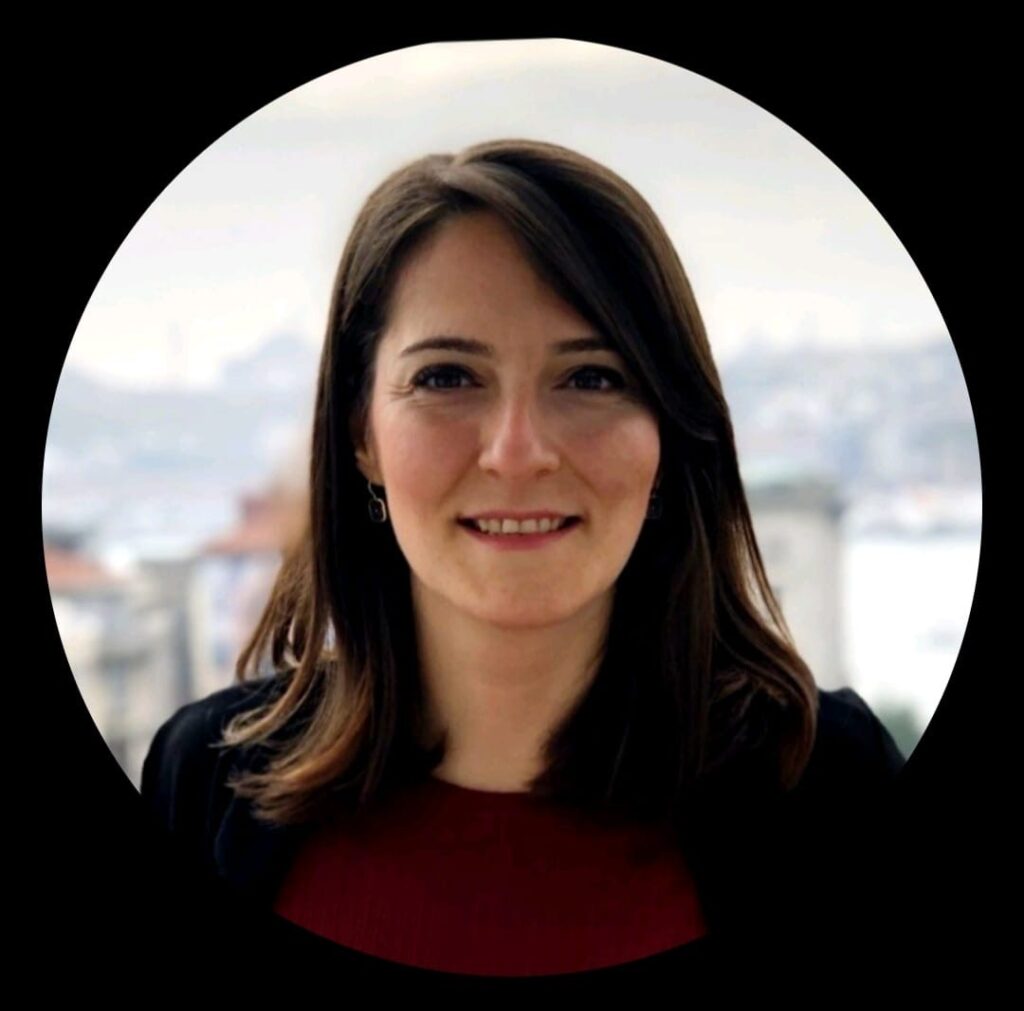
Zeynep Ekin Aklar, is a feminist and trade union activist, researcher, and civil society volunteer. She holds a BA in International Relations and two MAs, in European Studies and in Labour Policies and Globalization from the Global Labour University. Her expertise includes trade union rights, labour relations, gender equality, VAW, and feminist funding. She currently consults for IndustriALL Global Union and contributes to research on funding and capacity building. Zeynep also volunteers with Mor Çatı Women’s Shelter Foundation, Silva – Women’s Fund for Turkey, and Karakutu Association.
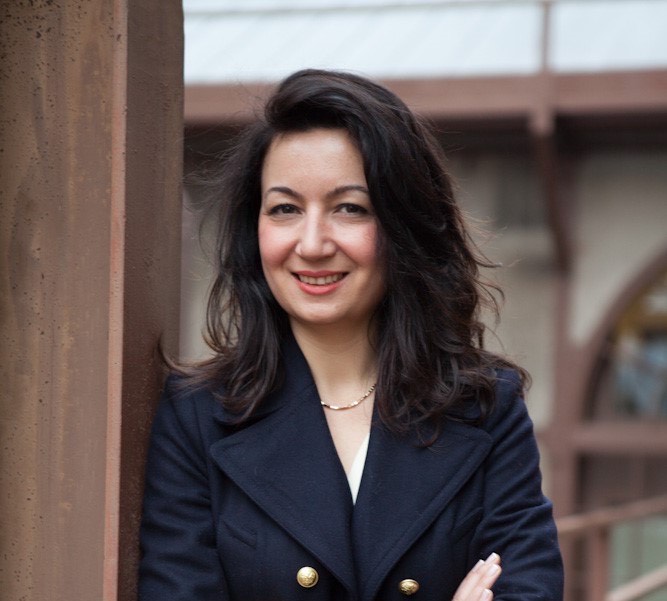
Hilal Gençay is a feminist researcher, social psychologist, and educational scientist. She studied Statistics at Mimar Sinan University and Educational Sciences, Social Psychology, and Social Anthropology at Ruhr University Bochum. Her expertise covers women’s empowerment, gender mainstreaming, non-violent masculinity, feminist pedagogy, M&E, and feminist funding. She consults on fundraising, evaluation, and strategy development for feminist organizations and is an active member of the Women’s Human Rights Association and Silva – Women’s Fund for Turkey.
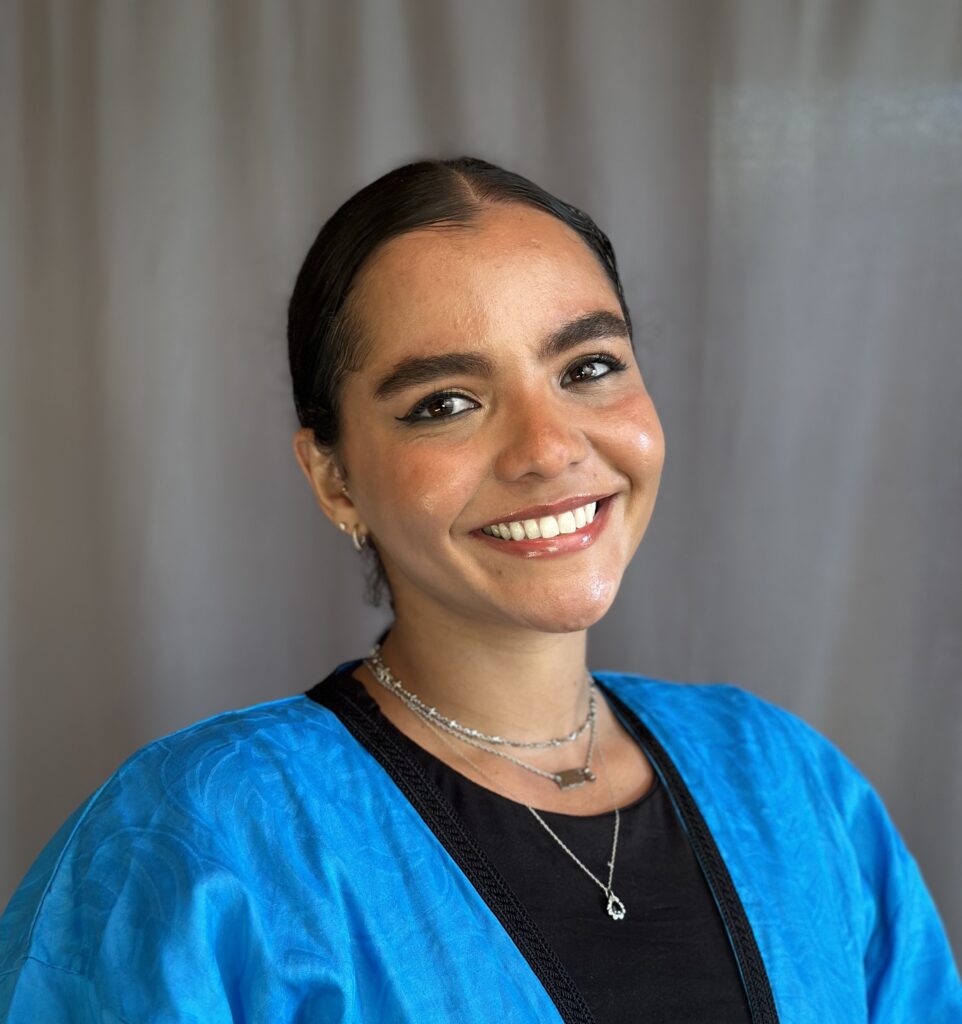
Yasmina Benslimane is a multi-award-winning feminist activist and consultant dedicated to advancing gender equality and social justice. Raised in Morocco, she has spent over a decade championing the political participation of young women across Global Majority countries, focusing on climate justice, migration, peacebuilding, and gender-based violence. She is the founder of Politics4Her, the largest intersectional feminist youth-led organization, and Climate Sirens, a climate-tech initiative amplifying women’s voices in climate action. Recognized by the BBC, Forbes, and UN Women for her global impact, Yasmina envisions a future where young women and girls lead movements for justice, equality, and sustainability.
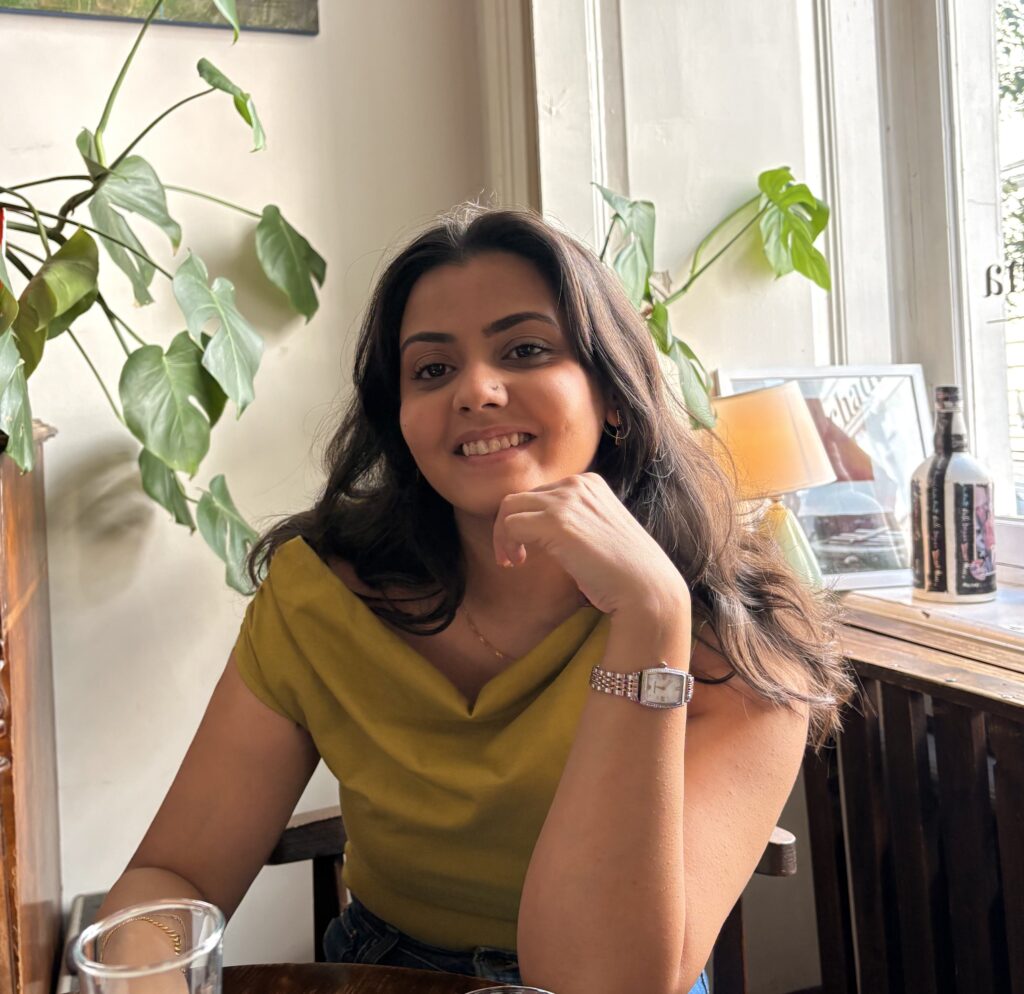
Ipsita Divedi is a gender rights researcher and communications specialist based in New Delhi, India, with over five years of experience in the intersection of gender and sexual health in the Asia-Pacific. Her work is rooted in developing creative, visually engaging strategies to enhance the accessibility and impact of advocacy efforts. Her previous research focused on advancing sexual health rights for youth and adolescents, as well as funding for young feminists. It focuses on producing evidence-based insights and building a discourse to address systemic inequities within gender frameworks.
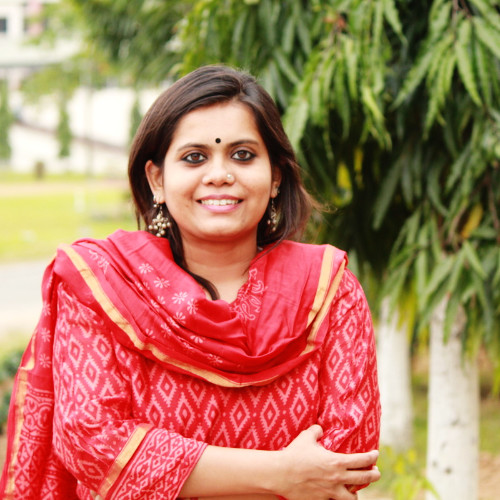
Ami Misra leads the Research and Insights team at Dasra. Her research practice is focused on the philanthropy ecosystem, gender equity, and development studies. She has anchored key flagship reports by Dasra. Her worldview is rooted in feminism, compassion, and an intuitive optimism. She graduated from the Tata Institute of Social Sciences, specializing in gender studies, and has an executive degree in social policy from ETH Zurich. Before joining Dasra, Ami worked as a researcher and evaluator with the government, multilateral agencies, and think tanks, including the NITI Aayog and UN Women.
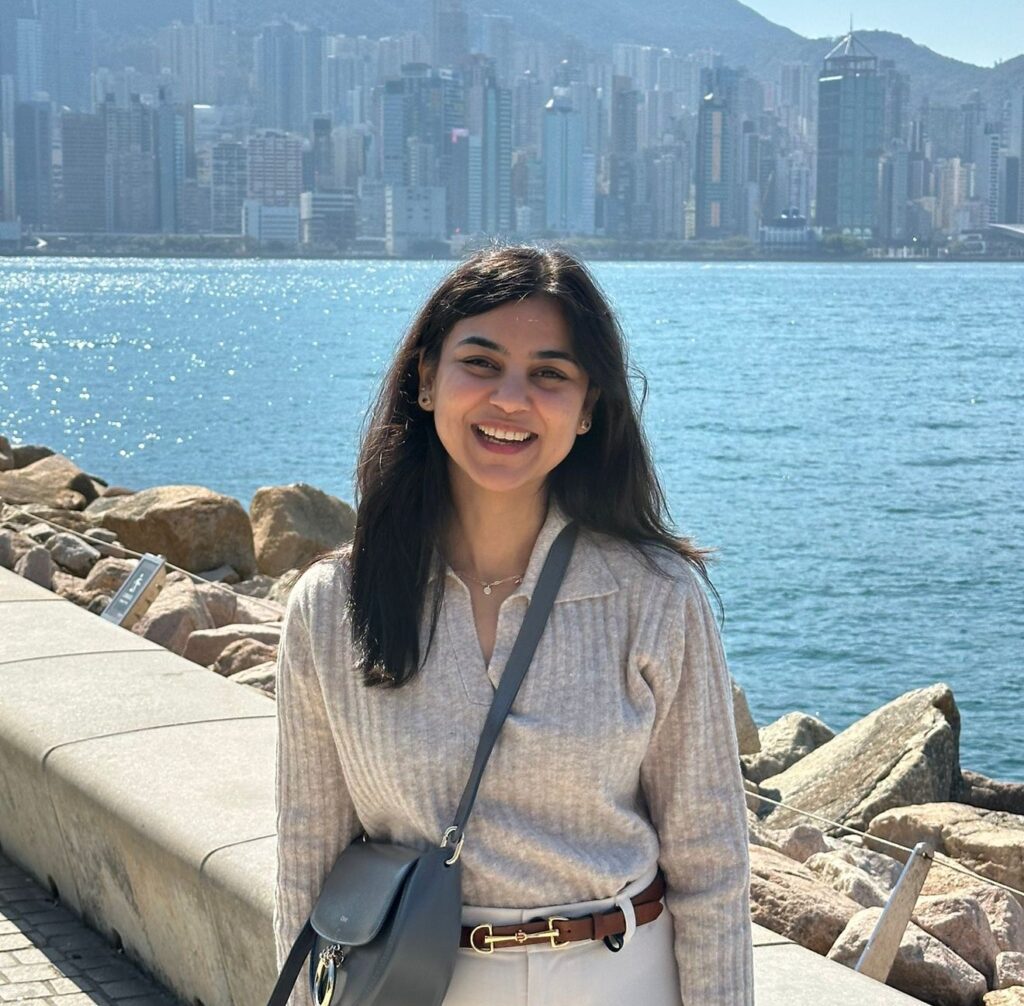
Aanshi Gupta is a member of the Research and Insights team at Dasra. With a background in public health, Aanshi is passionate about improving community health and well-being to drive sustainable development. Previously, Aanshi worked on health communication, policy, and research projects at Global Health Strategies. She has also worked at the WHO Collaborating Centre (Imperial College London) and the Harvard T.H. Chan School of Public Health. Aanshi completed her Master’s in Public Health (MPH) at Imperial College London and holds a Bachelor’s in Arts and Sciences (BSc) from University College London.
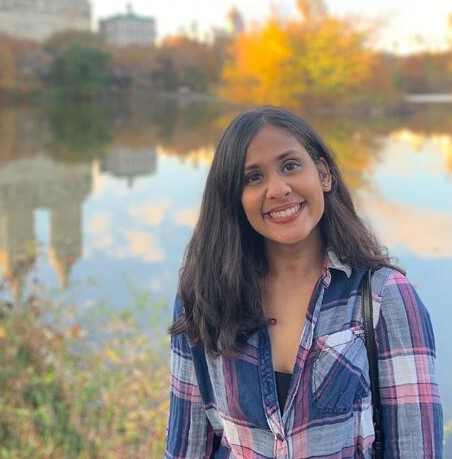
Mahima Sharda is a researcher and strategist at Dasra, with experience working on projects focused on animal welfare, maternal health, and philanthropy mainstreaming research. Originally from Jaipur, she completed a Master’s in Public Administration, specializing in international development, from New York University. Here, she was a Gallatin Human Rights Fellow and an Ellen Schall Scholar. Before joining Dasra in 2022, Mahima worked in various roles across the social sector with the UNDP, the Afghanistan Mission to the UN, and Crisis Group. She is passionate about gender equality, animal welfare, and improving access to financial services.
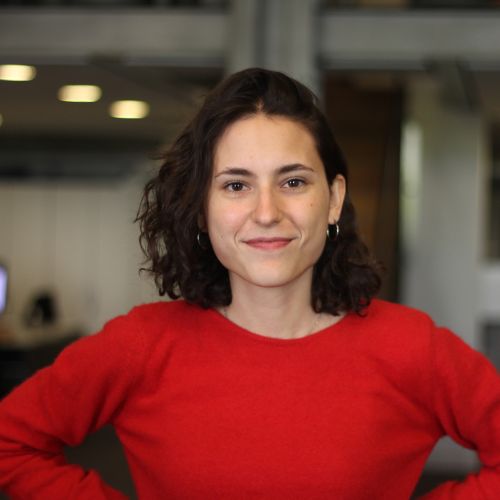
Malena Vivanco holds a Bachelor’s degree in Economics from the University of Buenos Aires (UBA). She is currently a researcher on Fiscal Justice at the Civil Association for Equality and Justice (ACIJ). She is also a member of the Fiscal Equity Working Space (ETFE) and the International Association for Feminist Economics (IAFFE).
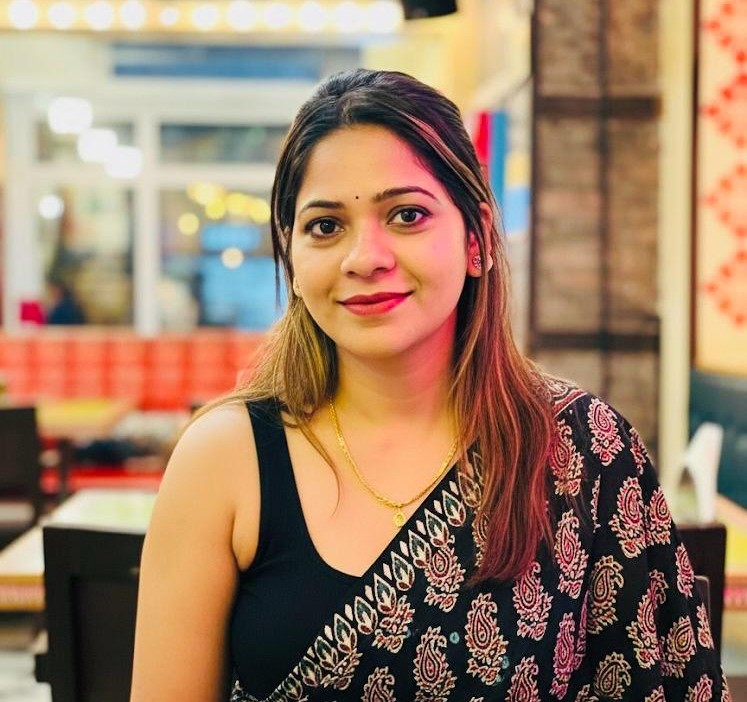
Anju Singh is a prominent Dalit feminist with over 14 years of experience advocating for the empowerment of young Dalit girls and women. She is a founder-member and secretary of the Global Campaign for Dalit Women and initiated the Ambedkarite Social Café, a safe space for youth that offers resources and support rooted in the principles of Dr. B.R. Ambedkar. Anju has led several significant initiatives during her decade-long tenure as a national leader at the All India Dalit Mahila Adhikar Manch and Dalit Women Fight, a self-led grassroots collective. Anju has also played a key role in organising the Dalit Women’s Self-Respect Marches. She has represented the rights of Dalit women on the global stage, including being the first Dalit woman leader at the 10th UN Forum on Minority Issues in Geneva.
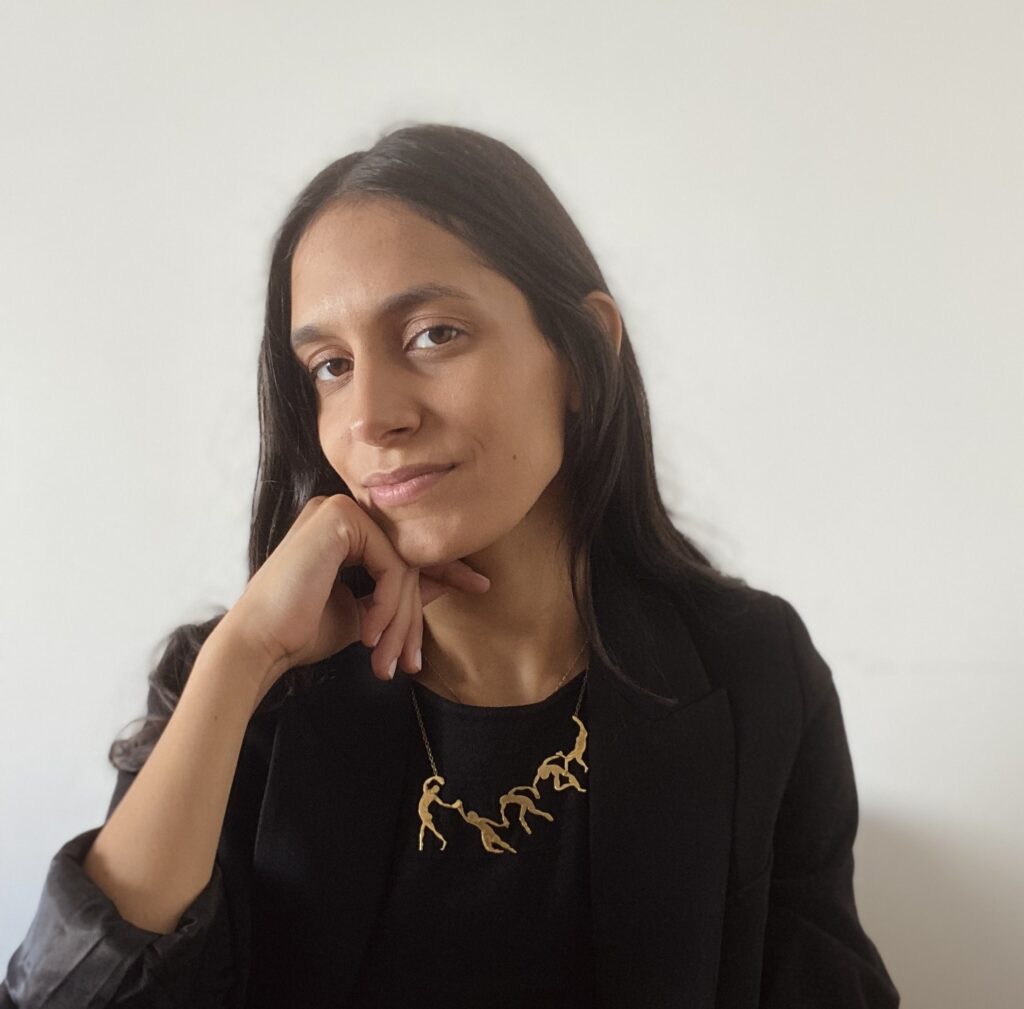
Celina Santellán holds an undergraduate degree in Economics from the University of Buenos Aires. She is studying for a master’s degree in Public Policy at Torcuato Di Tella University and holds an MSc. in Development Studies at the London School of Economics and Political Science. She specializes in feminist taxation. She coordinates the data team at Ecofeminita and has taught undergraduate and postgraduate classes on Feminist Economics.
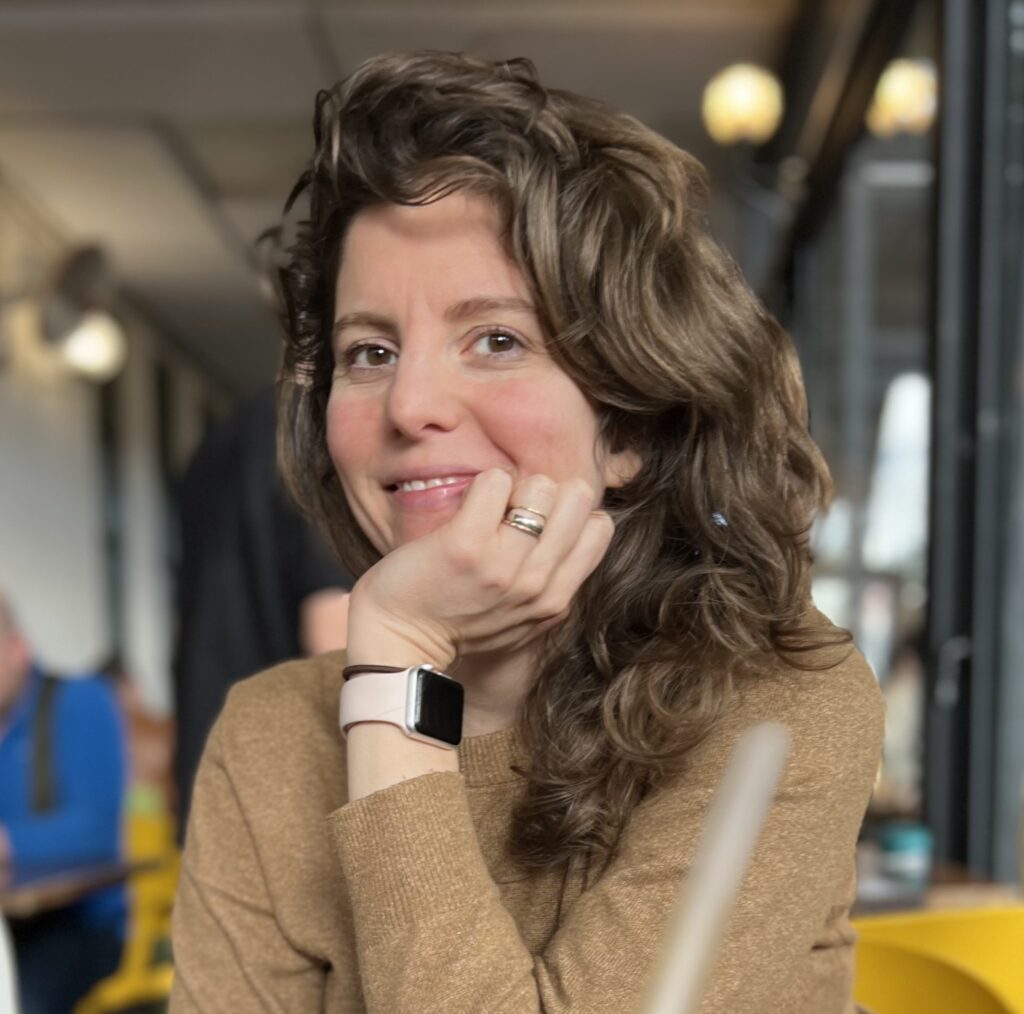
Rachel Jacobson is the co-director of the Alliance for Feminist Movements, which she joined in 2021. She has a long history in women’s human rights activism and service delivery with Human Rights Watch, the Youth Coalition for Sexual and Reproductive Rights, the International Women’s Health Coalition, and Whole Woman’s Health.
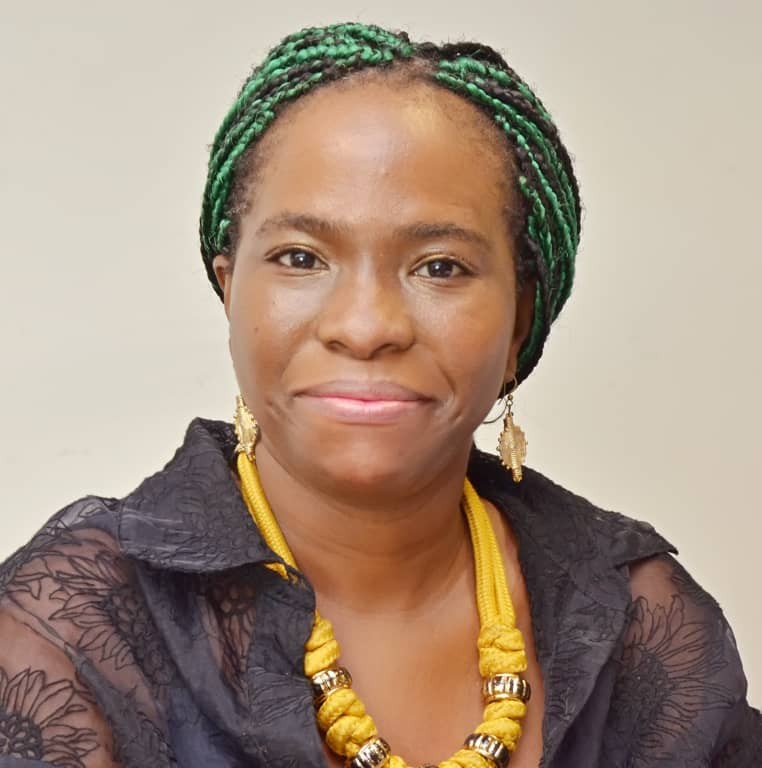
Caroline MVENG is a feminist activist and human rights defender living in Cameroon. She is an expert with several years of experience in building feminist movements and promoting the rights of women and girls in Cameroon and Central Africa. She is the president of the Network of Young Feminists of Central Africa (REJEFEMAC) and the coordinator of the Association Elles Rayonnent Ensemble Passionate about knowledge transfer and production, she is also a trainer, consultant, and blogger.
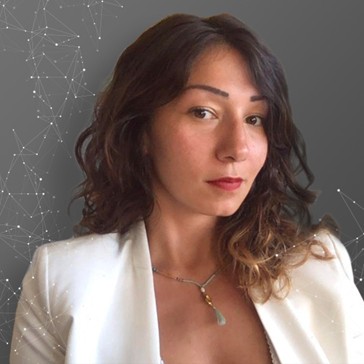
Beatrice Maneshi is an Iranian- American feminist, academic, and senior advisor in international development, security, and gender with over 14 years of experience. She is the founder of Catalystas Consulting, where she has led research and advisory work in more than 80 countries, supporting governments, development finance institutions, and civil society organizations to design inclusive, climate-conscious, and gender-transformative policies and programs. Her expertise bridges international development finance, climate adaptation, and security policy, with a focus on feminist and intersectional approaches to governance, resilience, and equitable financing. She has advised institutions including the Dutch Ministry of Foreign Affairs (MFA), GIZ, IDH, FMO, RVO, Oxfam, ActionAid, SPARK, IRC, and IPPF-International, contributing to policy reform, program design, and multi-stakeholder engagement. She holds a Master’s in Nonproliferation and Terrorism Studies from the Middlebury Institute of International Studies at Monterey (MIIS), and Bachelor of Arts in International Development and Economics from University of San Francisco as well as certification from University of Damascus, Tehran University and Saifi Institution in Arabic and Faris respectively. She is an ITTS Verona Human Rights Fellow, a member of Women of Color Advancing Peace and Security (WCAPS) and its CBRN Working Group, as well as a former Women Deliver Youth Leader and Pugwash Youth Member.
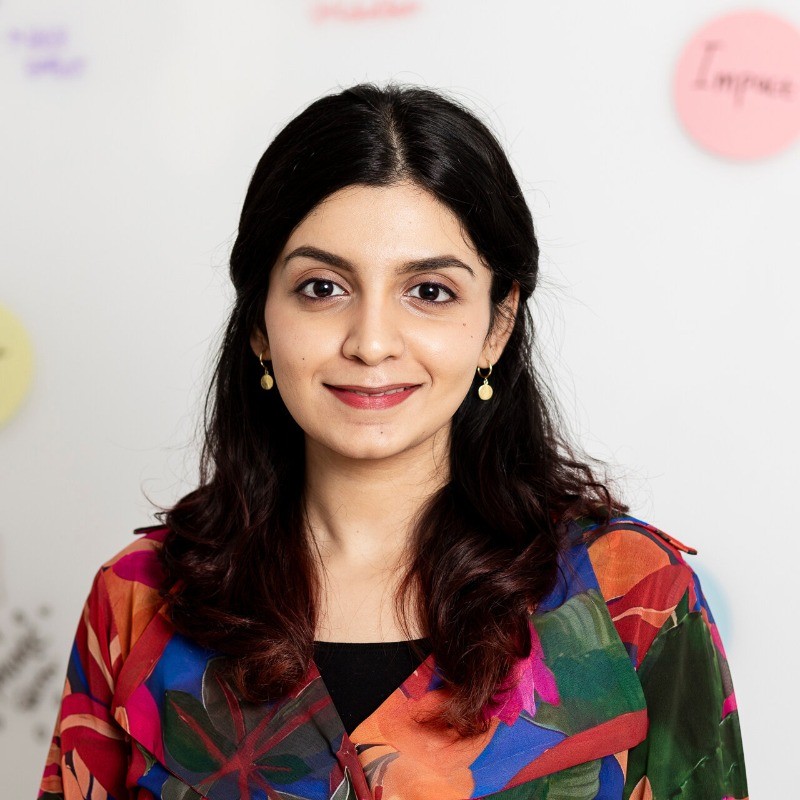
Aditi Mukund is a German Chancellor Fellow with the Alexander von Humboldt Foundation, based at the Global Public Policy Institute (GPPi), in Berlin. Her work focuses on gender and climate security, inclusive approaches to global security, and feminist approaches to foreign policy.
She founded the Women in International Relations Network (WIRN), a platform amplifying the voices of women in foreign policy, peacebuilding, and international security, particularly from the Global South. Aditi also co-chairs Generation EU-India (GenEI), a youth network strengthening dialogue between young Europeans and Indians across policy areas.
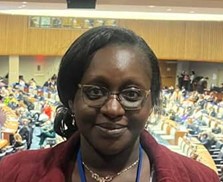
Nadia F. ELHADJI BOUEYE is a Holder of a Specialized Graduate Diploma (DESS) in Evaluation and Project Management (BAC+5), and a Master’s degree in Finance, Principal Researcher Nadia F. ELHADJI BOUEYE has been Director of a women’s rights organization NGO OLA AFRICA since 2011, and has collaborated with the European Union, with African Women’s Development Fond (AWDF). She has been a Higher-level Teacher at the Haute École de Commerce et de Management (HECM) in Benin since 2015. Expert in Gender and Accountability, member of the pool of trainers of the Swiss Cooperation in Benin since 2021, she is Gender Certified by the Institute of La Francophonie for Training and Education of the OIF on Gender Equality in education.
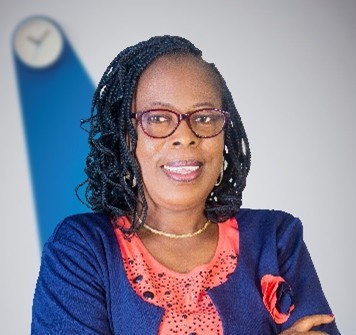
Caroline ADISSOTOUN holds a master’s degree in private law and is a human resources manager. An independent consultant specialising in gender, governance and accountability, she has over twenty years of experience. She is committed to promoting women’s rights, female leadership and the empowerment of women and girls. Committed to the fight against gender-based violence (GBV), she has collaborated with partners such as UNICEF, USAID, CARE International and Swiss Cooperation. She is currently a member of the GFA Consulting Group’s pool of trainers and departmental representative for the Maison de la Société Civile du Bénin (Benin Civil Society House).
